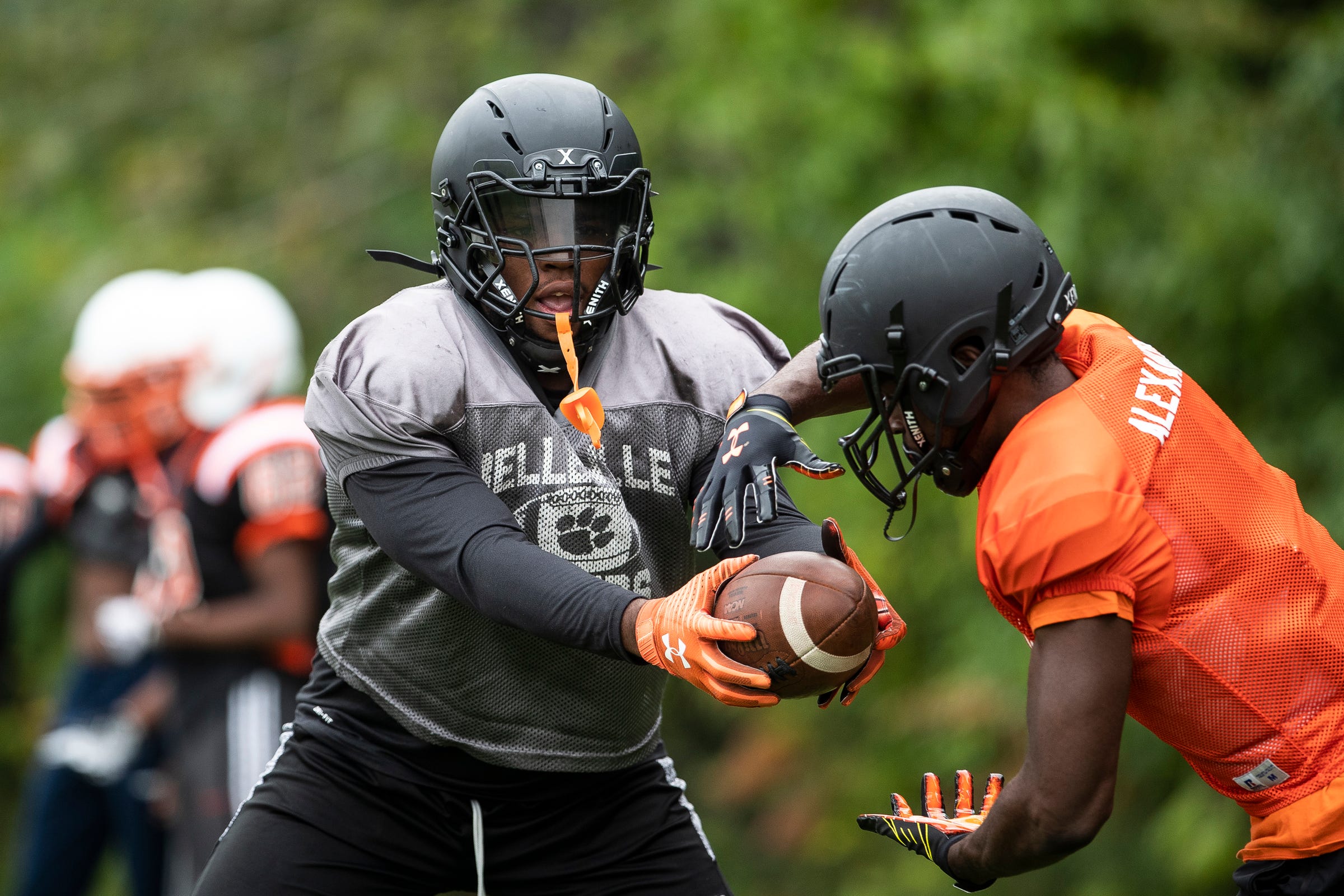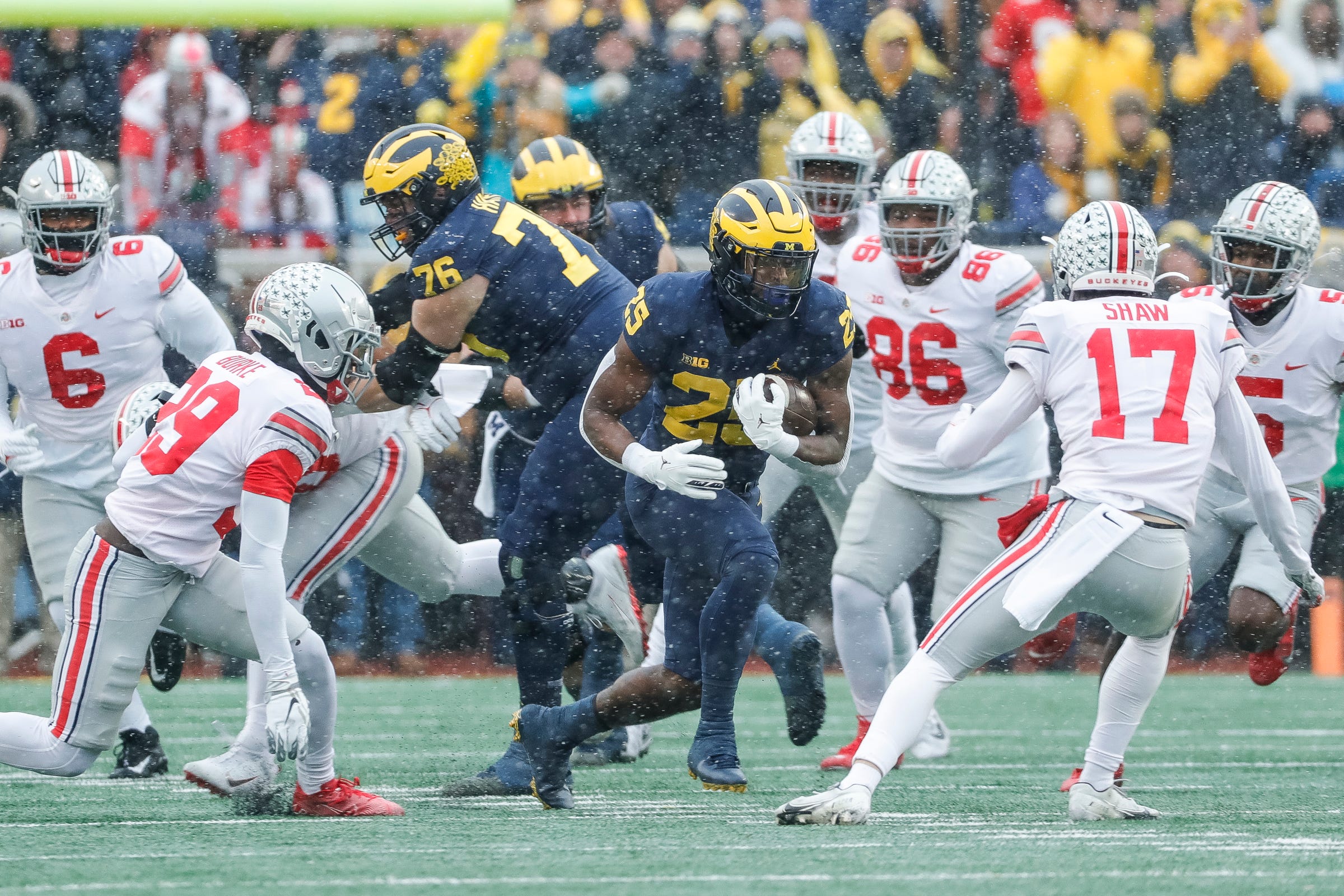

I’m not moved by the hashtags, the T-shirts, the anniversary vigils, or other commemorations. I’m tired of political promises that never pan out. However, the standard playbook isn’t going to save us. Mass shootings and gun violence have become so interwoven into American life that how we process the violence in real time has become as conventional as how we mourn it afterward.Įlliot Ackerman: Our narrative of mass shootings is killing us Many of the students who fled certain buildings on campus the night of the shooting were just following the protocols they’d been taught prior to coming to Michigan State, because teaching children and young adults how not to be killed in mass shootings is now a staple of America’s egregious routine. Some of the students whom Americans saw struggling to process what happened had already lived through another mass shooting-in Oxford, Michigan, or Newtown, Connecticut. What happened at Michigan State is a reminder that the regularity of these acts is bringing violence even closer to all of us.
#DETROIT FREE PRESS ALL STATE FOOTBALL TEAM FULL#
My own distress was obviously nothing compared with that of the families that lost a cherished relative, or of the people who are hoping that an injured loved one makes a full recovery. Any one of the texts I read or the social-media statuses I saw could have delivered information that I wasn’t prepared to handle. Another friend wrote on Facebook about how his daughter had huddled for hours in her dorm room.

But a friend who works on campus was on lockdown with 60 students and had to use a bungee cord to barricade the door. Thankfully, everyone in my extended circle was safe. The night of the mass shooting, I spent hours texting friends who still work at Michigan State, and friends whose children now attend the university. Reducing this unfathomable act of violence-which claimed three bright students’ lives and injured five others-to a hashtag or an Instagram post feels wrong, hollow, and wildly insufficient. This is not something that a community should ever have to fight through or withstand. It defines us.īut what happened there defies toughness and resilience. I don’t doubt our strength, because what makes being Spartans so special is that we seem to be able to summon an endless supply of toughness and resolve. I don’t doubt that Spartans will, because we always have. As an alum, I met my husband, also a Michigan State grad, at a tailgate when I returned to campus to be grand marshal of the homecoming parade in 2014. I met some of my best friends in college, was influenced by some of the greatest educators there, and grew into my own as a journalist while working for the campus newspaper, The State News. I covered Michigan State football and basketball while working at the Detroit Free Press from 1999 to 2005. Given the regularity of mass shootings in the United States, perhaps I was naive to think that this type of violence would never intrude on a campus that accommodates 50,000 students yet still feels as intimate as a community a quarter of its size. Monday’s mass shooting at Michigan State is the most violent act that’s ever occurred on that campus, and it’s broken the sanctity of the university that is so deeply embedded in the fabric of who I am. With each mass shooting that occurs in this country, I become more convinced that we’d rather perform the routine than make actual change. But right now, the rage I feel serves me better. Of course, I emphatically support my alma mater and am touched by the widespread empathy that has been extended to Michigan State. I can’t bring myself to participate in this normalized routine that we’ve created to cope with America’s gun-violence epidemic. I can’t bring myself to post the green Spartan emblem on Instagram.

I can’t bring myself to use the hashtags #SpartansWill or #SpartanStrong.


 0 kommentar(er)
0 kommentar(er)
